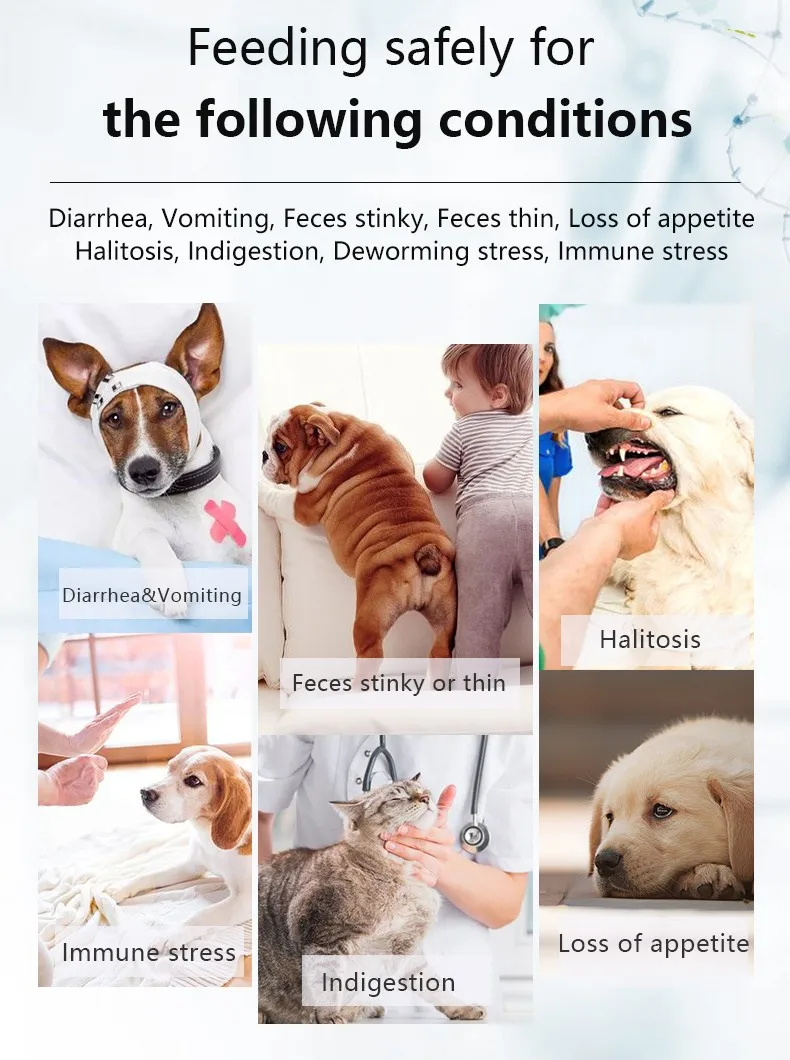The Ultimate Guide to Pet Vaccines: Ensuring Your Furry Friends Stay Healthy and Happy
Guide or Summary:Introduction to Pet VaccinesTypes of Pet VaccinesThe Importance of Vaccination SchedulesCommon Myths About Pet VaccinesConclusion: Keeping……
Guide or Summary:
- Introduction to Pet Vaccines
- Types of Pet Vaccines
- The Importance of Vaccination Schedules
- Common Myths About Pet Vaccines
- Conclusion: Keeping Your Pets Safe with Vaccines
Introduction to Pet Vaccines
Pet vaccines are essential for maintaining the health and well-being of your beloved animals. Just like humans, pets are susceptible to various diseases that can be prevented through vaccination. Pet vaccines work by stimulating the immune system to recognize and fight off specific pathogens, ensuring that your furry friends remain protected against illnesses that could otherwise be life-threatening.
Types of Pet Vaccines
There are two main categories of pet vaccines: core vaccines and non-core vaccines. Core vaccines are those that are recommended for all pets, regardless of their lifestyle or environment. For dogs, core vaccines typically include rabies, distemper, parvovirus, and adenovirus. For cats, core vaccines usually encompass rabies, feline viral rhinotracheitis, calicivirus, and panleukopenia.

Non-core vaccines, on the other hand, are given based on the pet's lifestyle, environment, and risk factors. For instance, if your dog frequently interacts with other dogs in a park, a kennel cough vaccine might be advisable. Similarly, if your cat goes outdoors and is exposed to other cats, a feline leukemia vaccine could be beneficial.
The Importance of Vaccination Schedules
Establishing a vaccination schedule is crucial for your pet’s health. Puppies and kittens typically receive their first vaccinations between six to eight weeks of age, followed by booster shots every few weeks until they are around 16 weeks old. Adult pets also require regular booster shots to maintain immunity. Your veterinarian will help you create a personalized vaccination schedule tailored to your pet's specific needs.

Common Myths About Pet Vaccines
Despite the proven benefits of pet vaccines, several myths persist that can deter pet owners from vaccinating their animals. One common misconception is that vaccines can cause the diseases they are meant to prevent. While it is true that some pets may experience mild side effects, serious reactions are rare. The benefits of vaccination far outweigh the risks, as they protect against potentially fatal diseases.
Another myth is that indoor pets do not need vaccinations. However, even indoor pets can be exposed to infectious diseases through various means, such as contaminated shoes or other animals. Therefore, it is crucial to keep all pets up-to-date on their vaccinations, regardless of their lifestyle.

Conclusion: Keeping Your Pets Safe with Vaccines
In conclusion, pet vaccines are a vital aspect of responsible pet ownership. They not only protect your pets from serious diseases but also contribute to the overall health of the pet community. By staying informed about the types of vaccines available and adhering to a vaccination schedule, you can ensure that your furry friends lead long, healthy lives. Always consult with your veterinarian to determine the best vaccination plan for your pets, and don’t hesitate to ask questions about any concerns you may have regarding pet vaccines. Your pets depend on you for their health and well-being, and keeping them vaccinated is one of the best ways to show your love and commitment.